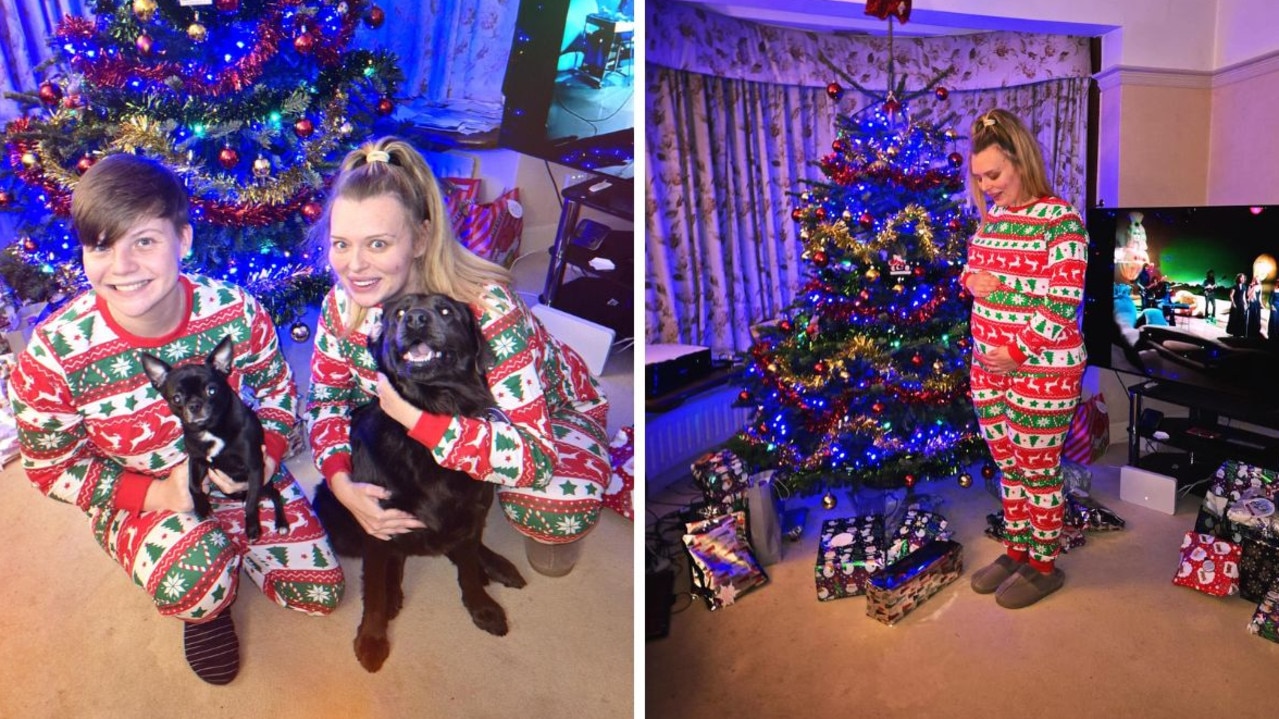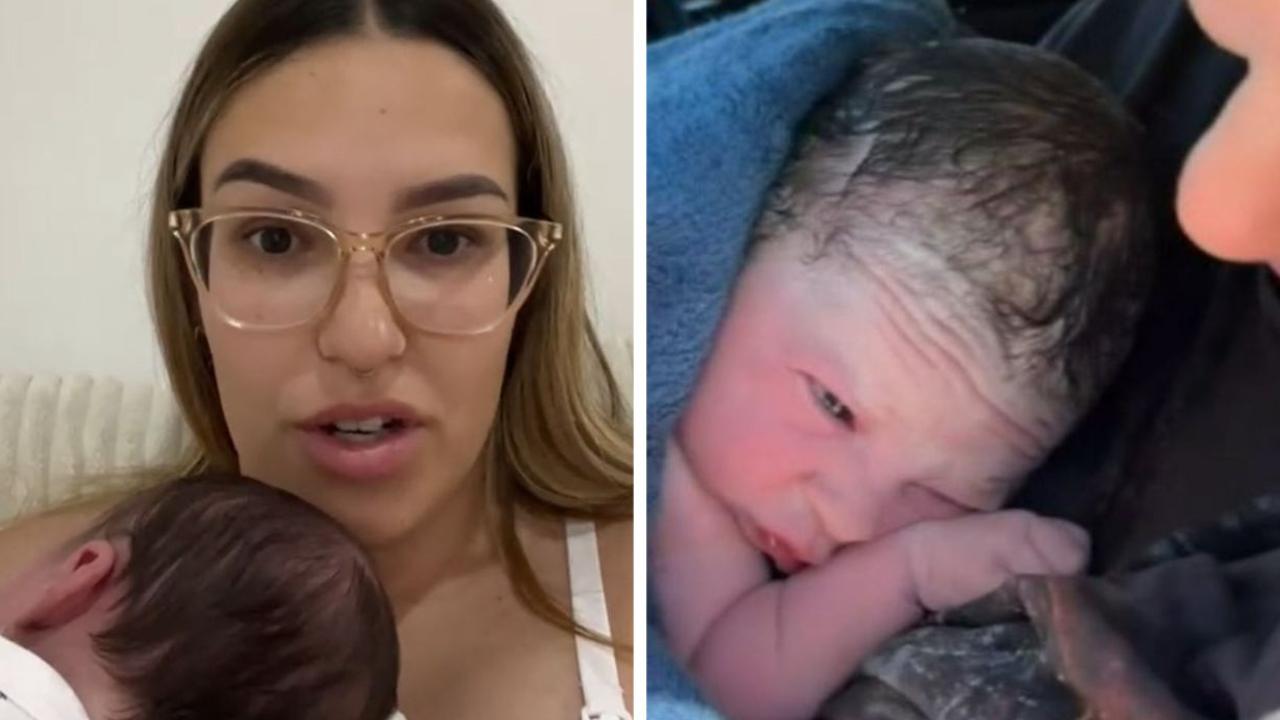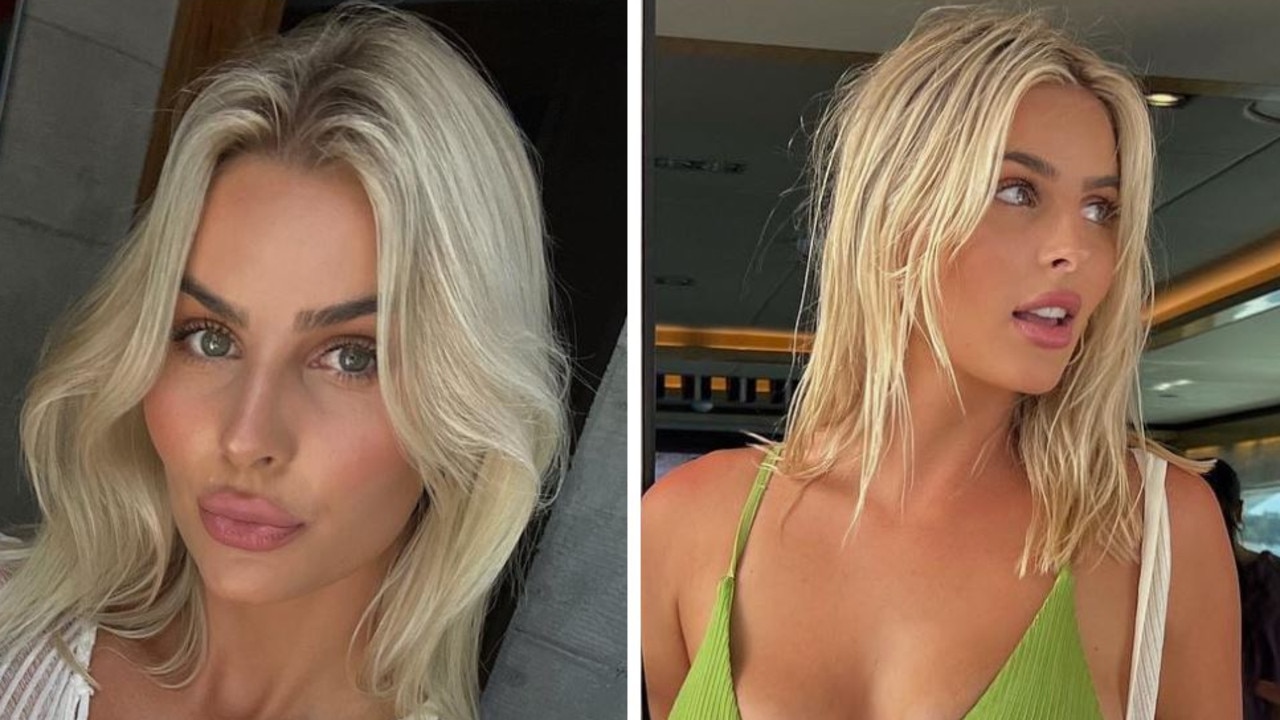Borne of hope: A surrogacy story
WHEN Alisa Latto discovered a pregnancy could prove fatal, she looked to surrogacy to fulfil her dreams of motherhood.

WHEN Alisa Latto discovered a pregnancy could prove fatal, she looked to surrogacy to fulfil her dreams of motherhood.
When my husband, Alastair, and I wake up in the morning, we can't wait to see our little boys jumping up and down in their cots. I feel blessed because, for a while, I wondered if I'd ever have a child.
I was born with Marfan syndrome, a genetic connective tissue disorder that affects the lungs, heart, eyes and skeletal system - it's like building a wall with concrete that doesn't having a binding agent. It can be fatal because the heart tissues could tear at any time.
My older brother, Ian, and younger brother, Ben, were also born with Marfan. Ian died of complications three years ago, aged 36. In 2005, Ben had heart surgery that saved his life. In 2007, I also had a nine-hour operation to strengthen my aorta. I was lucky to survive. The pain after surgery was immense and I'll be on blood thinners for the rest of my life, but I have a normal life expectancy now.
About eight years ago, a few years after meeting Al, I started looking into how Marfan syndrome might affect my own children.
My family paid for genetic research to find the 'error' that caused Marfan. If we identified that, we could screen our embryos and avoid passing it on. It was like searching a book for a single spelling mistake. After 18 months, the lab still couldn't find anything wrong; I cried for weeks. But six weeks later, another lab found the error; it was one of the most joyous days of my life.
Then I learnt the increase in blood volume in pregnancy would place too much pressure on my heart. A specialist said I'd be crazy to attempt pregnancy and suggested surrogacy.
There's a lot of grief in letting go of carrying your own child. But we talked it through with family and decided surrogacy was the best option. I came to feel incredibly grateful that science and someone's generosity might allow me to experience motherhood.
A friend offered to be my surrogate, but Australian laws are very restrictive and we soon realised it would be too complicated. After seeking advice from a surrogacy agency in the US, we decided to go with them. We knew it would be a big financial commitment. (In total, it has cost us about $200,000 - our life savings plus help from our families.)
In 2008, Al and I flew to California and were matched with a surrogate, Tiffany.
We met her and she said she really wanted to help us have a child (it would be my eggs and Al's sperm). But after a year and three IVF implantations, the procedure didn't work. We were heartbroken.
We had enough money for one more try and, in 2009, the agency suggested another surrogate, Brandi. She and I spoke on the phone many times before we met in California. She told me, "I'm the most fertile person you've met. Be careful how many embryos you put in me - they will work!"
Brandi was 27 and had a lovely partner and two daughters aged three and four. She'd been a surrogate for a couple in China and delivered twin boys. She had friends who'd struggled to conceive and, for her, surrogacy wasn't about the money - it isn't much considering what's involved. Brandi is simply a caring person who feels surrogacy is her calling.
We chose to go ahead with the procedure, but I couldn't go into hospital to have fertility drugs because I didn't have American health insurance. Instead, I administered them myself in my hotel, injecting a huge needle into my stomach every five hours for 10 days. I also had to come off my heart medication, which could have been dangerous.
After the egg retrieval, the embryos were screened. Two were healthy, with no genetic error, so they were fertilised and implanted.
I flew home and, six days later, Brandi called. She'd done a home pregnancy test and it was positive. Two weeks after the embryos were implanted, she had a blood test and the clinic sent us a congratulatory email. We were so excited, but we didn't tell anyone because we worried something could still go wrong.
We were on the phone to Brandi for every medical appointment and I felt very connected to her during the pregnancy. At six weeks, I heard the doctor say there was a second heartbeat. We were having twins - it was shocking and amazing.
At 19 weeks, the scan showed they were developing perfectly and, at 20 weeks, we told family and friends, who were overjoyed. When we reached 30 weeks, I knew there was a good chance our babies would survive.
At 33 weeks, Brandi sent us a photo. She was huge! Two weeks later, we flew to California and, on May 26, 2010, our boys were born. Brandi was in labour when we arrived at the hospital. They were born an hour later - Thomas at 7.30am, Taj at 7.37am. Al and I were there with Brandi's partner, Adam. We were shaking and unable to talk.
Al cut the cord as Thomas was born and he was handed to me. Taj was born too fast and had trouble breathing, so he was placed in intensive care, but we were reassured he'd be fine. Brandi's family was at the hospital, too. Our boys came into the world surrounded by love.
A few days later, Thomas and Taj came back with us to our apartment. Al and I took turns sleeping and watching them all night, jumping at every sound they made. It was new and exciting and we loved every second.
We also spent time with Brandi and her family. She'd told her girls she was helping us have a baby because we couldn't do it on our own. Saying goodbye six weeks after the boys were born was emotional. She's like a sister to me.
Back home, we were totally sleep deprived, but you'll never hear me complaining about it. Thomas is more dominant but he's very affectionate; Taj is gentle. They laugh and giggle together, and they love their trucks and scooters - and, of course, they fight!
Brandi was at their first birthday. We've put a photo of her in the boys' room and we talk about her to them. It will be one of our proudest moments to tell them how they came into the world. We'll always be open with them about how they were created.
I don't think people understand what a loving arrangement surrogacy is. One hospital refused to be involved in the surrogacy procedure because of their religious beliefs. That was upsetting. But I had so much support, too.
Brandi has offered to be our surrogate again. If we won the lottery, having another child is the first thing we'd do, but we can't afford it now. We're just grateful we have two boys who fill our lives with joy every day. I go to bed and all my muscles ache, but what better way is there to live life?



